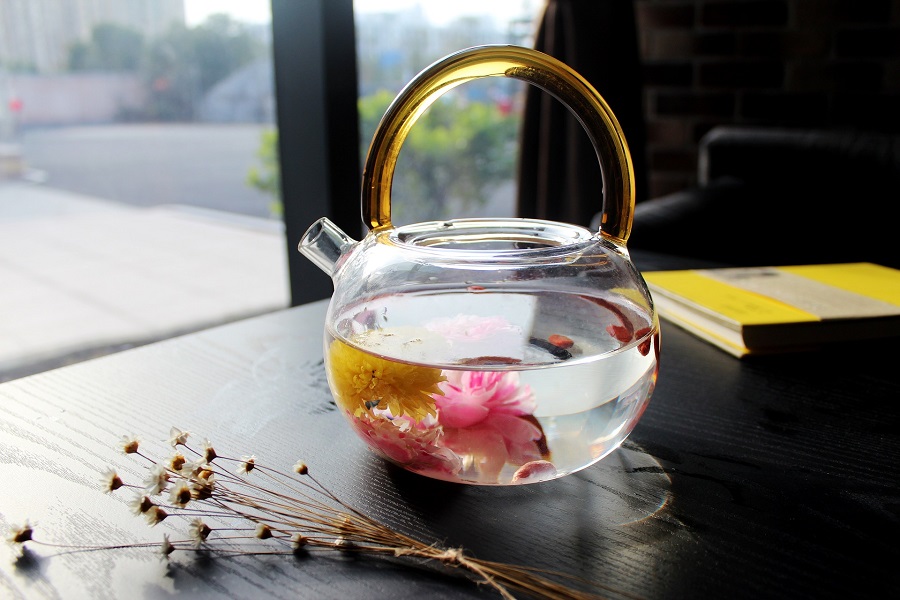How to keep vegetables for fresh
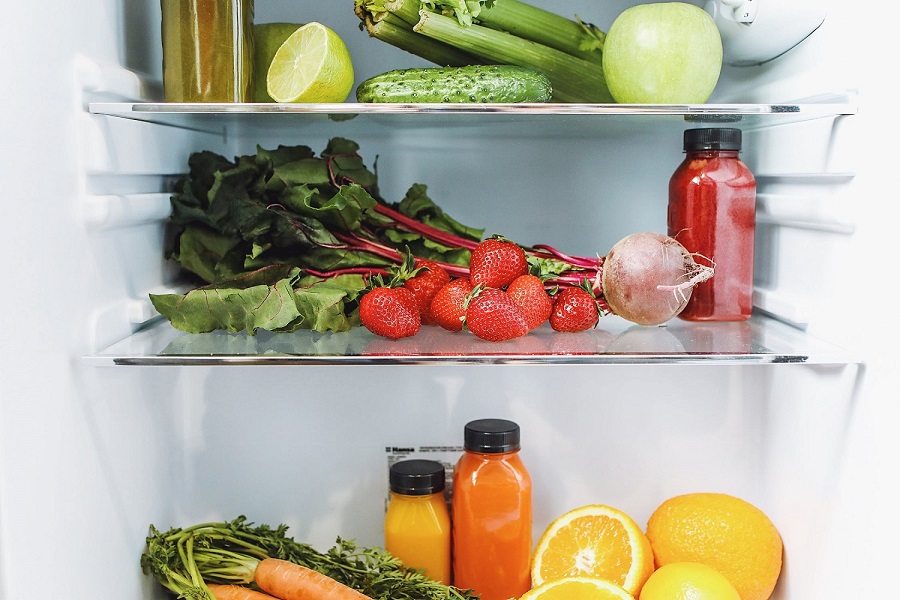
As the winter coming, you probably shop for vegetables that can last for severals days to weeks, which means you need to keep them fresh for as long as possible. As you can see, different vegetables have different storage methods, and certain practices like peeling or washing may affect how long they can really last. Here let’s find out more about how your vegetables should be stored.
In the fridge
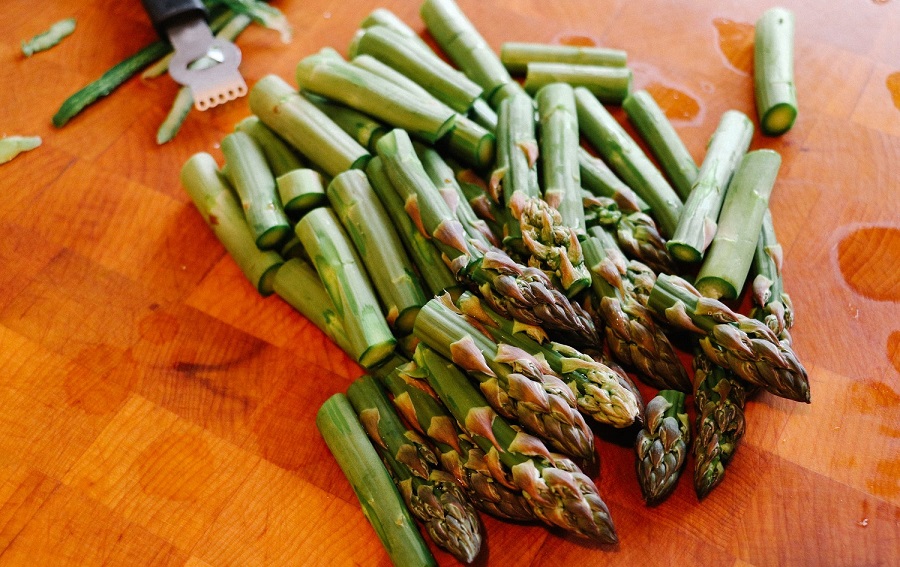
Most refrigerators have crisper drawers that are suitable to store fruits and veggies separately. They allow you to adjust the humidity just by opening (less humidity) and closing (more humidity) small air vents on the drawers. The low humidity mode is best for fruit, while the high humidity mode is for leafy greens and veggies like broccoli, Brussel sprouts, and celery.
Asparagus should be kept in the fridge. It has long stalks that are easy to turn dry, so it’s important to keep the stalks moist to extend the shelf life. You can wrap the stalk with a damp paper towel or store the stalks upright in a glass of cold water.
In a cupboard
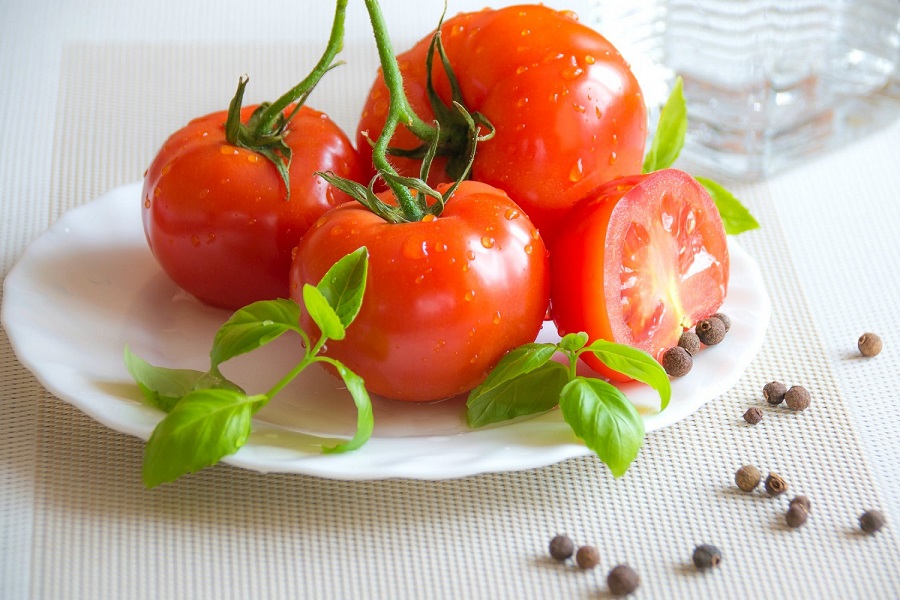
Some vegetables are better kept in a cool, dry, and dark place like a cupboard or a dedicated pantry. If exposed to light, they may think they are outside and will start to sprout. Such veggies include onions, garlic, hard squash, potatoes, and shallots. But note that don’t store potatoes and onions next to each other, as potatoes sprout faster if near onions.
On the counter
Though most vegetables should be stored in the fridge or in a cupboard, there is an exception: tomatoes. Being kept on the counter uncovered will help them ripen evenly. Once ripen, they can be moved to the fridge.
A special case: mushrooms
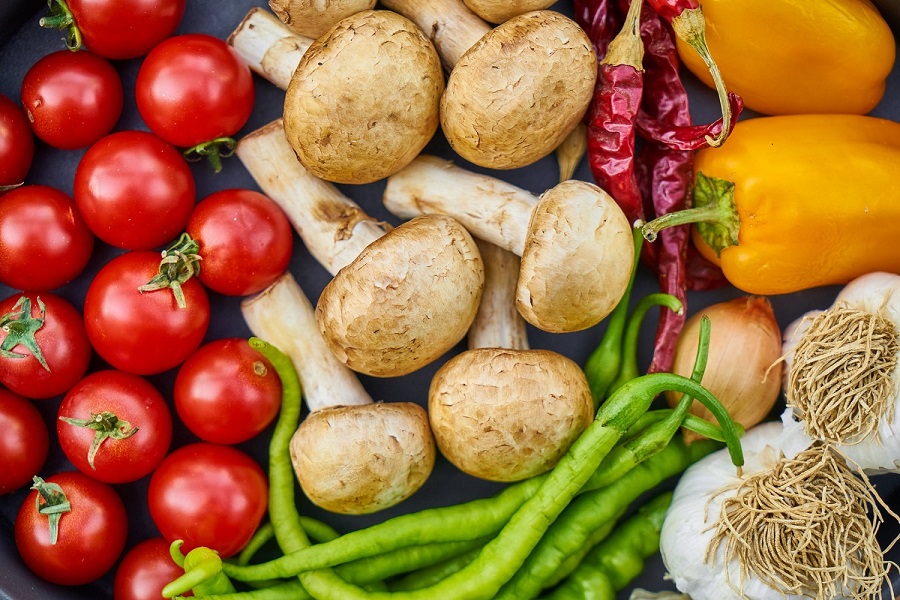
We mentioned before that some vegetables need to be kept in a plastic bag in the fridge, but mushrooms should be stored in a paper bag instead. The reason is that mushrooms have high water content. As the water evaporates, it will be trapped in the plastic bag and then spoil the mushrooms. The paper bag enables them to breathe.
Freeze your vegetables if necessary
Freezing the veggies is the most convenient way to preserve nutrients and enjoy the summer vegetables even in winter. Before freezing, you need to blanch the vegetables for 1-2 minutes to keep them from getting freezer burn. However, freezing is not recommended for eggplant, lettuce greens, potatoes, radishes, artichokes, and sprouts.









